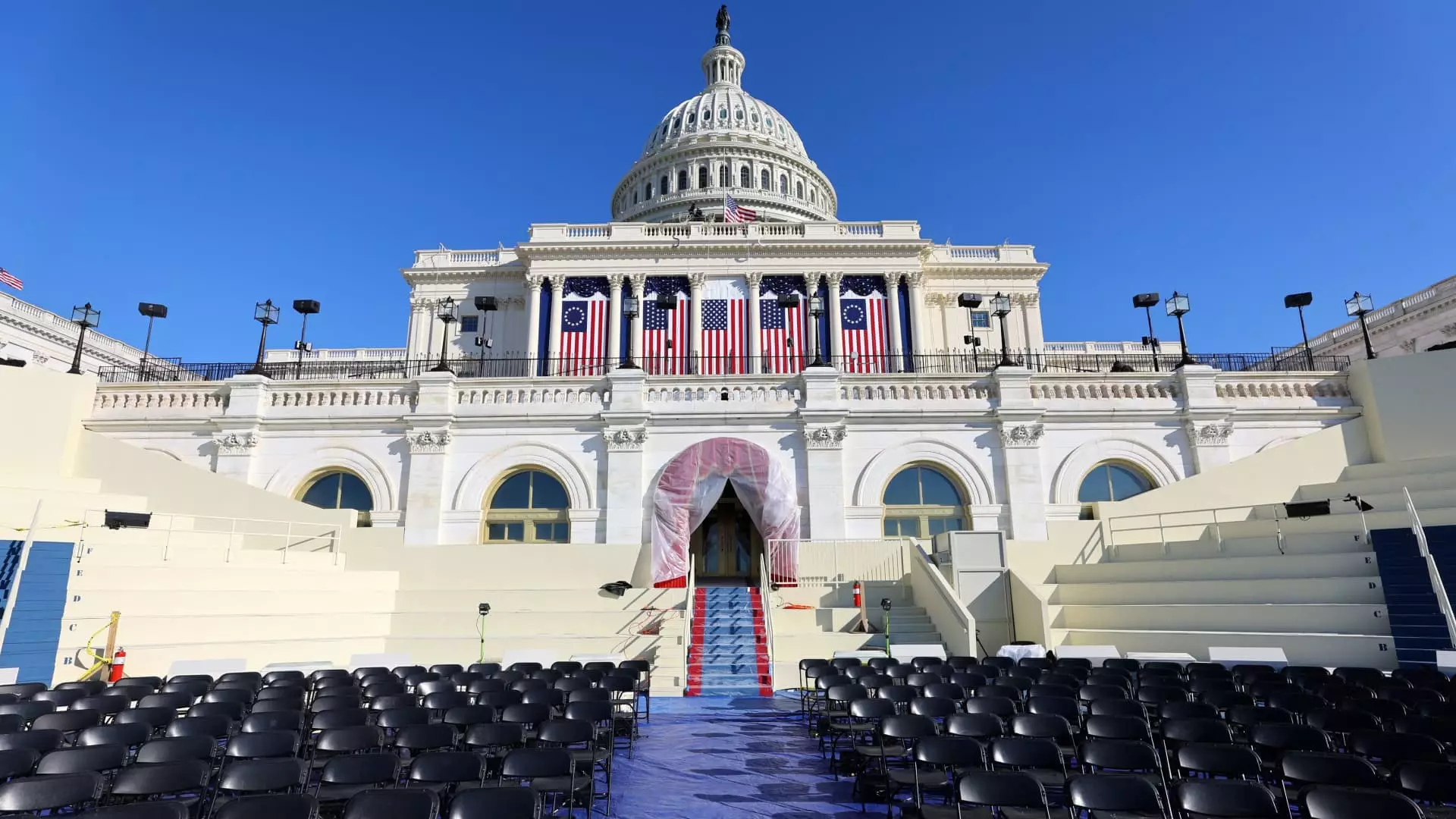As the political landscape continues to evolve, the degree of transparency in fundraising for presidential inaugural committees has become a hot topic. With corporations and wealthy individuals pouring unprecedented amounts of money into these committees, lawmakers are raising alarms regarding potential conflicts of interest and ethical implications. Recent initiatives spearheaded by Senate Democrats highlight the pressing need for clearer accountability in the management and use of these funds.
Senator Catherine Cortez Masto of Nevada has been at the forefront of this charge, advocating for reforms that would ensure the American public is privy to crucial details surrounding inaugural funding. Her reintroduction of the Inaugural Committee Transparency Act underscores a significant issue: the lack of binding guidelines governing how these donations are spent. The potential for misuse of funds in the form of personal enrichment or favoritism raises concerns about the integrity of the democratic process.
Proposed Legislative Reforms
Cortez Masto’s proposed legislation aims to institutionalize practices that increase oversight of inaugural committees. One critical provision mandates that any individual or vendor receiving payments of $200 or more must be disclosed, including an itemization of expenses. This level of detail is essential to hold these committees accountable and to reassure citizens that their voices are not drowned out by corporate interests. Furthermore, the bill stipulates that any leftover funds must be donated to a recognized charity within 90 days after the inauguration, reinforcing the idea that presidential inaugurations should serve the public good rather than private interests.
The legislation also seeks to eliminate loopholes that may allow for the exploitation of inaugural funds. By expressly prohibiting the conversion of donations for personal gain and banning contributions made on behalf of others, Cortez Masto aims to dismantle a system rife with potential for corruption. These reforms are particularly timely given the substantial amounts being raised for the upcoming inauguration—estimates suggest that President Trump’s second inaugural committee could reach around $200 million.
Historical Context and Future Implications
The backdrop of this legislative push is the substantial funds amassed during previous inaugurations, particularly Trump’s first event where a staggering $107 million was raised. The current climate exhibits a similar trajectory, with countless CEOs and major corporations eager to extend their influence as Trump approaches his second term. Such dynamics not only challenge public trust but also encourage a culture where access to power can be bought, undermining the principle of equal representation in a democratic society.
Ultimately, the call for transparency surrounding inaugural committees transcends partisan politics. Ensuring that these events are conducted with a clear framework of accountability could restore confidence in political processes. As Cortez Masto’s bill gains traction with support from several Democratic colleagues, the necessity for a systemic overhaul of how inaugural funds are disclosed and utilized becomes paramount.
The actions taken today will shape the future of political fundraising and governance, ensuring that presidential inaugurations are celebrating democracy rather than facilitating financial manipulation. The integrity of such ceremonies matters more than ever, particularly in an era marked by increasing public skepticism toward political institutions.


Leave a Reply